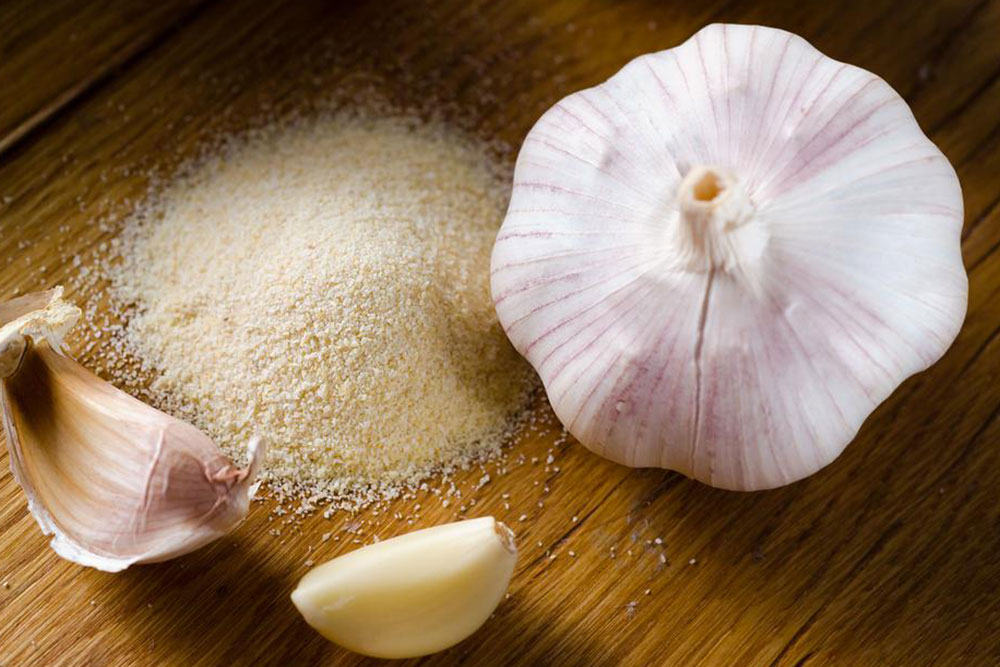Natural and Effective Strategies to Lower Urinary Protein Levels and Support Kidney Health
Explore comprehensive natural strategies to effectively reduce urinary protein levels and support overall kidney health. Learn about dietary modifications, physical activity, and supplements like fish oil and flaxseed to manage proteinuria naturally. Implement these scientifically supported tips to improve kidney function and prevent further damage, all while working closely with your healthcare provider for personalized treatment plans.

Natural and Effective Strategies to Lower Urinary Protein Levels and Support Kidney Health
Urinary protein, scientifically known as proteinuria, is a condition characterized by the presence of abnormal amounts of protein in the urine. This medical sign often indicates underlying issues with kidney function, which require careful attention and management. The kidneys play a crucial role in filtering waste and excess substances from the bloodstream, allowing proteins to remain in circulation. When kidney filters are damaged—due to factors such as infections, high blood pressure, or diabetes—proteins can leak into the urine, resulting in foamy and sometimes cloudy urine, which is a symptom that should not be ignored.
Persistent proteinuria is not only a marker of potential kidney damage but can also accelerate the decline of kidney function if left unmanaged. It is associated with various health conditions, including diabetes mellitus and hypertension—the two most common causes of kidney disease worldwide. Managing this condition effectively involves a combination of medical treatment, lifestyle modifications, and natural remedies designed to support kidney health and reduce protein leakage.
Adopting natural strategies can significantly contribute to decreasing urinary protein levels. These approaches focus on reducing inflammation, improving kidney function, and supporting overall health to prevent further complications. Below are some scientifically supported natural methods to help manage proteinuria effectively:
Incorporating Omega-3 Fatty Acids Through Fish Oil
Fish oil is renowned for its high content of omega-3 fatty acids, especially EPA and DHA, which are potent anti-inflammatory agents. Inflammation plays a key role in damaging kidney tissues, leading to increased protein leakage. Supplementing with fish oil has been shown in numerous studies to reduce inflammation in kidney tissues, thereby lowering urinary protein levels. Regular intake can also help in controlling blood pressure—a critical factor in the progression of kidney disease. Incorporating fatty fish like salmon, mackerel, and sardines into your diet can naturally boost omega-3 levels, but fish oil supplements are also widely used for a targeted approach.
Dietary Modifications and Nutritional Support
Diet is a cornerstone of managing proteinuria naturally. Since excessive intake of dietary protein may contribute to increased protein in the urine, it is vital to monitor and regulate protein consumption. Focus on a balanced diet rich in fresh fruits, vegetables, and whole grains. Fish and lean meats can be included in moderate amounts, emphasizing plant-based proteins when possible. Herbs like ginger and garlic not only spice up meals but also possess anti-inflammatory and antioxidant properties that support kidney health. Avoid processed foods and limit intake of saturated fats, which can worsen inflammation and impair kidney function.
Limiting Sodium for Better Kidney Function
Excess sodium intake is a significant factor that can elevate blood pressure and increase the strain on kidneys. High salt consumption is linked to higher protein levels in the urine and can exacerbate existing kidney issues. Reducing salt intake by avoiding processed foods, fast foods, and salty snacks can help control blood pressure levels and improve kidney function. Using herbs and spices to flavor foods instead of salt can make meals tasty and kidney-friendly. Maintaining a sodium intake below 2,300 milligrams per day is generally recommended, especially for individuals with kidney concerns.
Benefits of Flaxseed in Kidney Support
Flaxseed is a potent natural remedy, loaded with omega-3 fatty acids, lignans, and fiber. These nutrients support kidney health by reducing inflammation, lowering blood pressure, and enhancing the body's detoxification processes. Regular consumption of ground flaxseeds has been associated with a decrease in urinary protein levels and improved renal function. Flaxseeds can be added to smoothies, cereals, or baked goods, making them an easy and effective addition to your daily diet. Their anti-inflammatory properties also contribute to preventing future episodes of proteinuria.
Role of Physical Activity in Managing Urinary Protein
Engaging in regular physical activity offers many benefits, including improved cardiovascular health, weight management, and enhanced immune function—all factors that support kidney health. Exercise helps reduce inflammation and control blood pressure, both of which are crucial in managing proteinuria. It is advisable to incorporate moderate aerobic activities such as walking, swimming, or cycling into your routine. For individuals with existing health issues or cardiovascular concerns, consulting a healthcare professional before starting a new exercise regimen is recommended to ensure safety and appropriateness.
In summary, managing proteinuria involves a comprehensive approach that includes natural dietary strategies, lifestyle modifications, and medical guidance. Incorporating omega-3 fatty acids through fish oil, regulating salt intake, adding flaxseeds, and maintaining a physically active lifestyle can significantly improve kidney health and reduce urinary protein levels. It is important to work closely with a healthcare provider to develop a personalized treatment plan, especially if underlying conditions like diabetes or hypertension are present. Adopting these natural strategies can lead to better health outcomes, slow disease progression, and enhance quality of life for individuals dealing with proteinuria.





